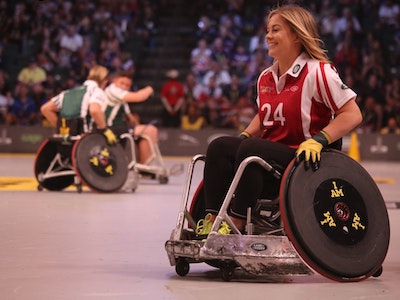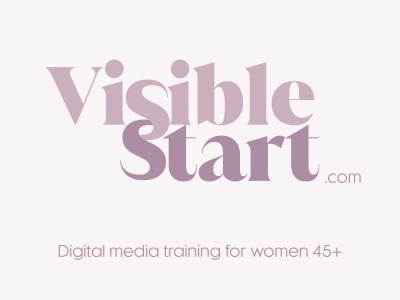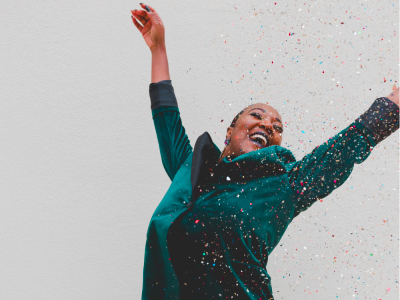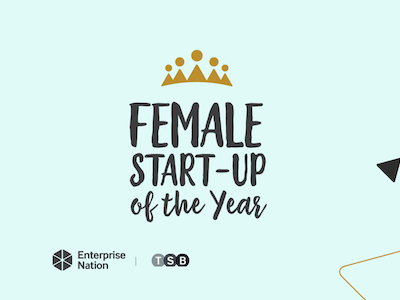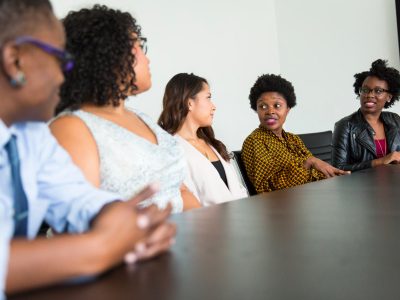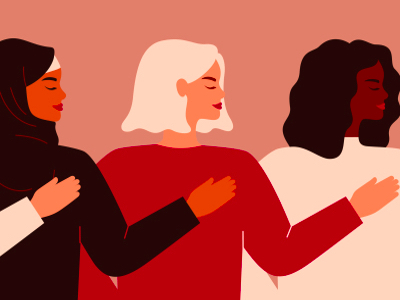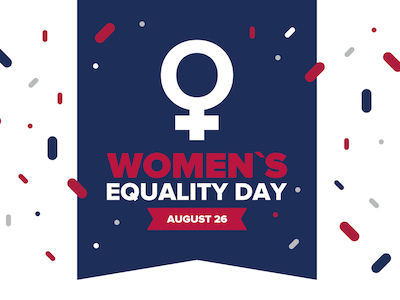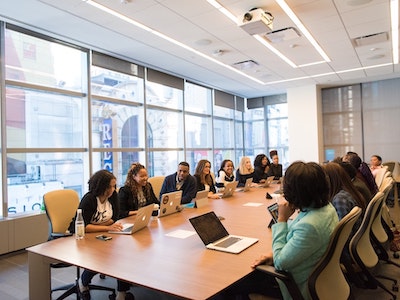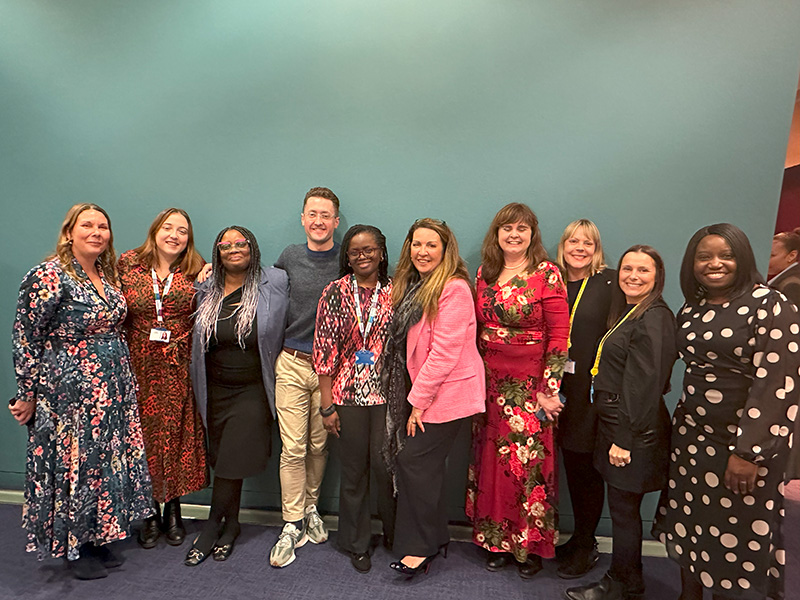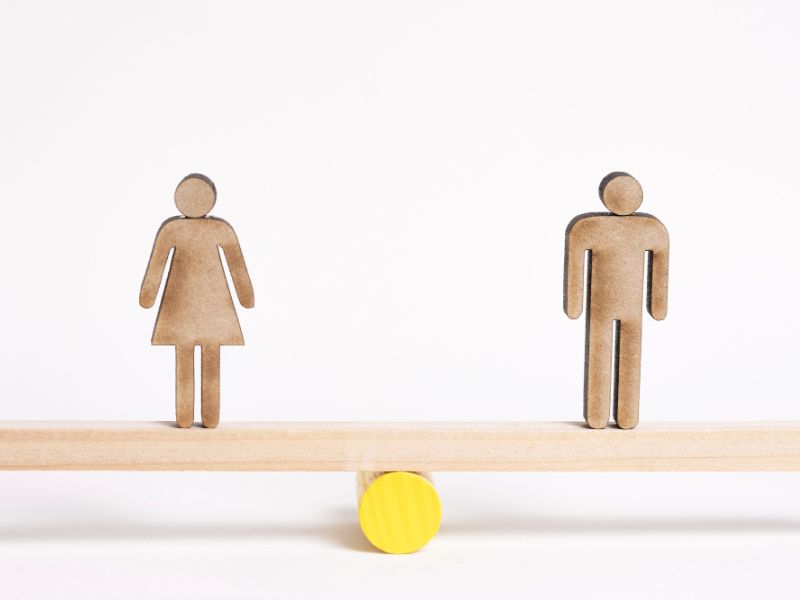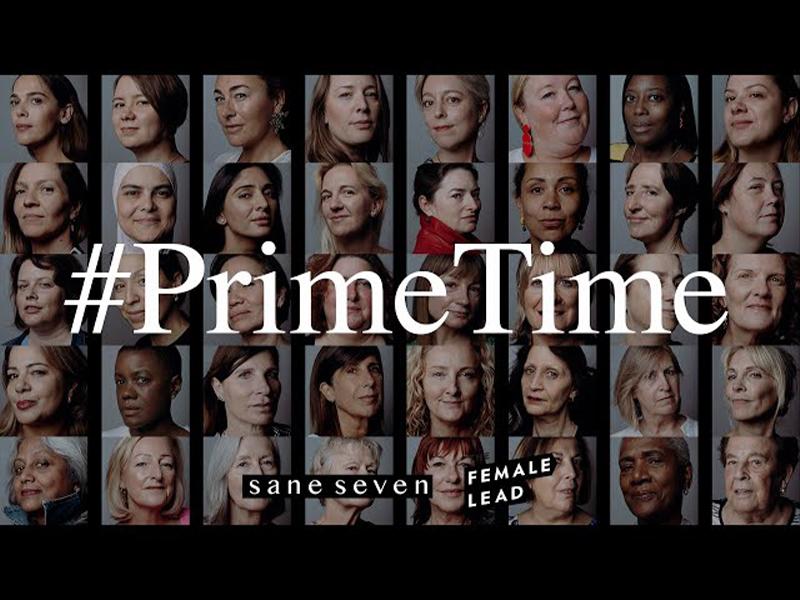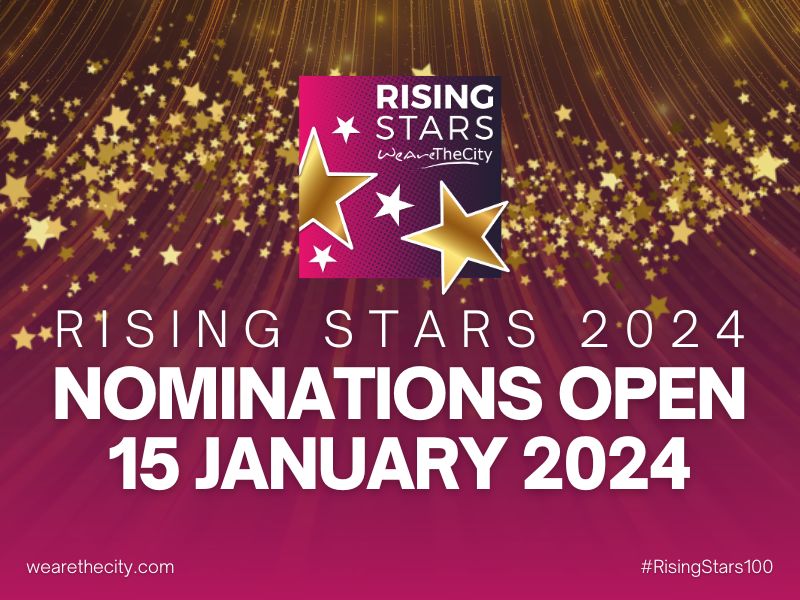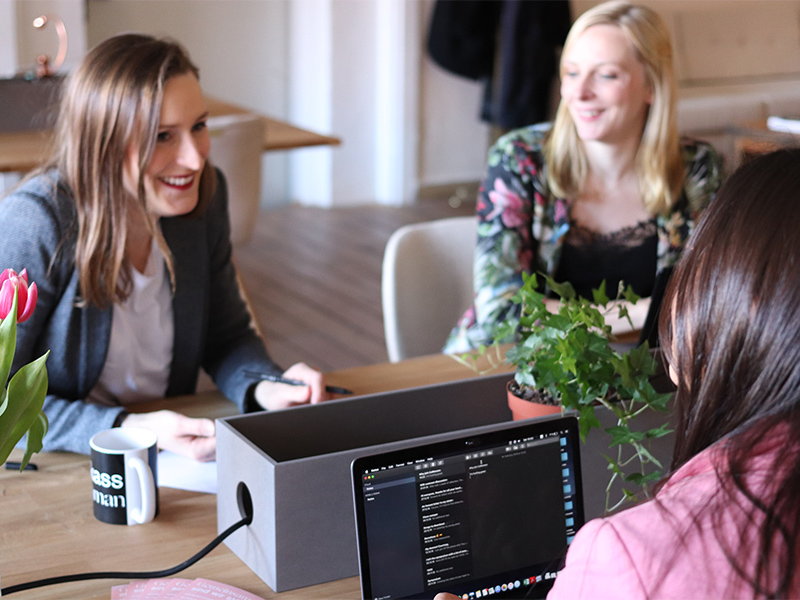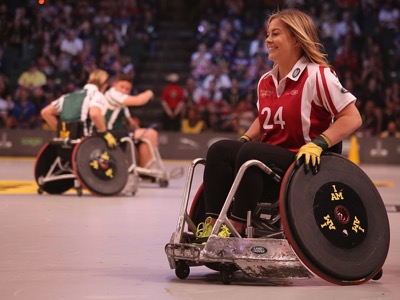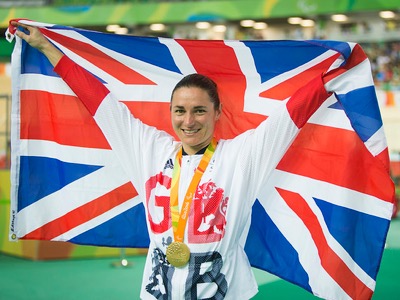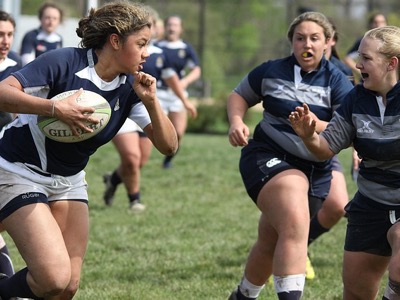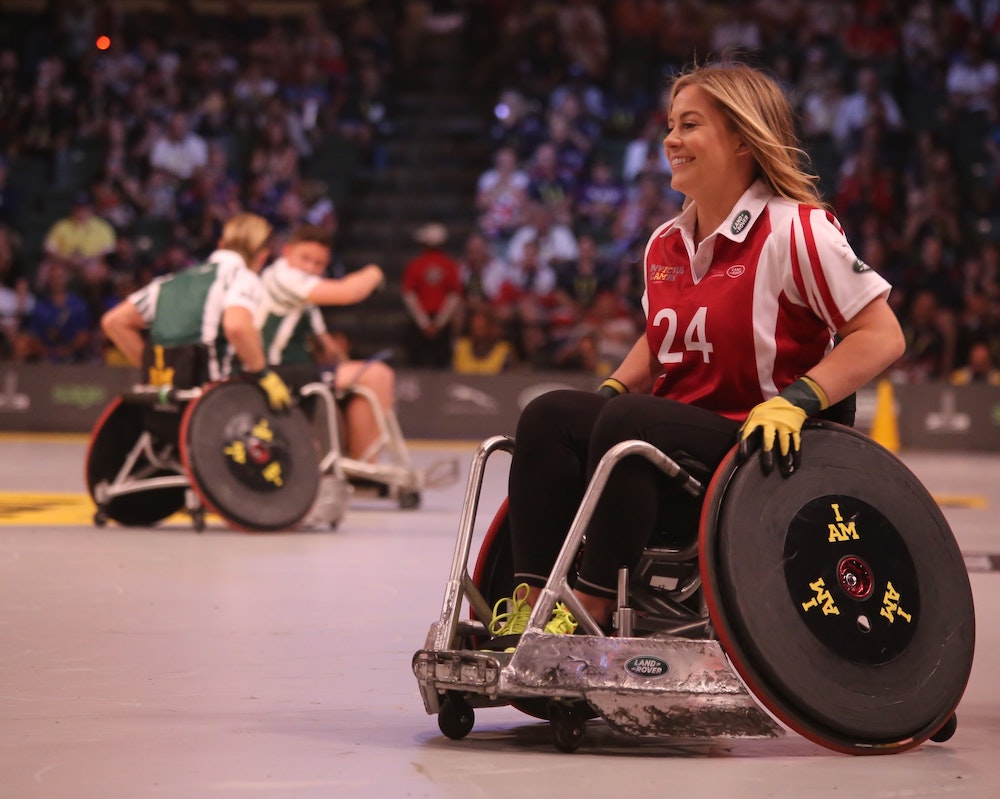
By Anita Choudhrie, Founder of Path To Success
The 2012 London Paralympics were a defining moment for disability sport in the UK. However, nine years on, there is much more that needs to be done to encourage more uniquely able-bodied people across the UK to remain active.
Of England’s population of 53 million, 18.4 million, or almost 35%, have a long-standing disability or illness, and almost 20% of this group have a long-standing limiting disability.
Unfortunately, women with disabilities are among the highest-risk groups for not partaking in physically-active hobbies, and despite the initial rise in once a week sports participation immediately after the London Paralympics, participation in disability sport has subsequently fallen by 10% since the 2012 Games.
This is sadly unsurprising given that there are still not enough athletic facilities that are fully accessible and, despite the initial optimism, society is still struggling to embed a culture of inclusion within sports organisations and provide a range of strategic activities to encourage more people into disability sport.
And this struggle has only been exasperated over the past 18 months. Whilst exercise proved to be a lifesaver for many, the restrictions placed on interactions with others and calls for everyone to stay at home forced many para athletes to suspend their training regimes altogether, due to not having ample space or access to the correct equipment.
The inability to train has in turn had rippling effects, not only by preventing athletes from working towards individual goals, but also by negatively impacting the management of their mental health.
For many able bodied athletes, the time lost to the Covid-19 pandemic can now be regained and they can focus on training to reach peak performance again. However, for athletes living with degenerative disorders such as Multiple Sclerosis, this damage may now be irreversible and their health may have deteriorated to a point where they can no longer train or compete.
Cost is also a significant issue. The annual cost for a female athlete to compete at Paralympic level can be as much as £40,000 to cover training, tournament entry and travel fees, alongside modified equipment and specialized physical therapy.
Yet despite para athletes training just as hard, if not harder than able-bodied athletes, and being at the top of their specifications, sponsorship deals are harder to cement, and funding allocations and prize pots are significantly smaller. At the end of the day, athletic organizations can only take these athletes so far and it is the support of charities, like Path To Success, which are helping them with extra funding.
For young women, the associated health risks of long-term inactivity could have irreversible effects on their quality of life, and so now we all need to work together to introduce more people to disability sport and inspire the next generation of female Paralympics athletes.
These women have great potential, and it is vital that society continues to support them so that participation in disability sport doesn’t continue to fall. With the Tokyo Games re-igniting the conversation around disability sport, we need to respond accordingly by reducing barriers to participation, opening up access to funding and maximizing the opportunities available across sporting organisations.
At the end of the day, the physical and mental benefits of participation in sporting activities are invaluable to all individuals, and disabilities shouldn’t hold anyone back or stop them from participating in activities they are passionate about.
 About the author
About the author
Anita Choudhrie is the founder of Path To Success – one of the UK’s leading female sport charities which is dedicated to supporting GB Paralympians and empowering female athletes in disability sport.

